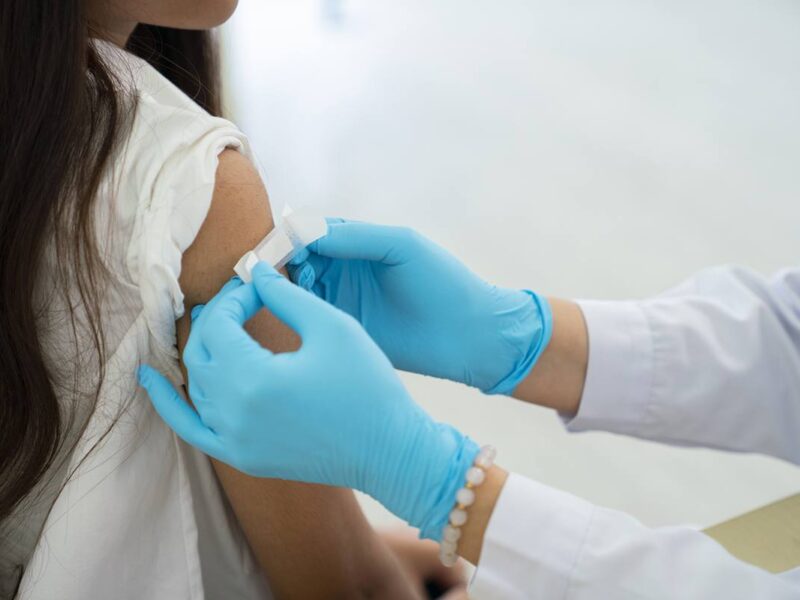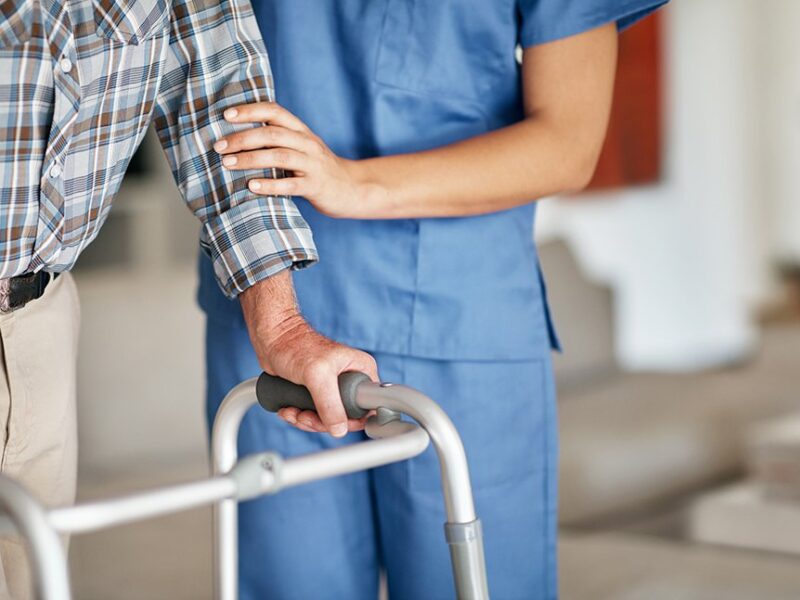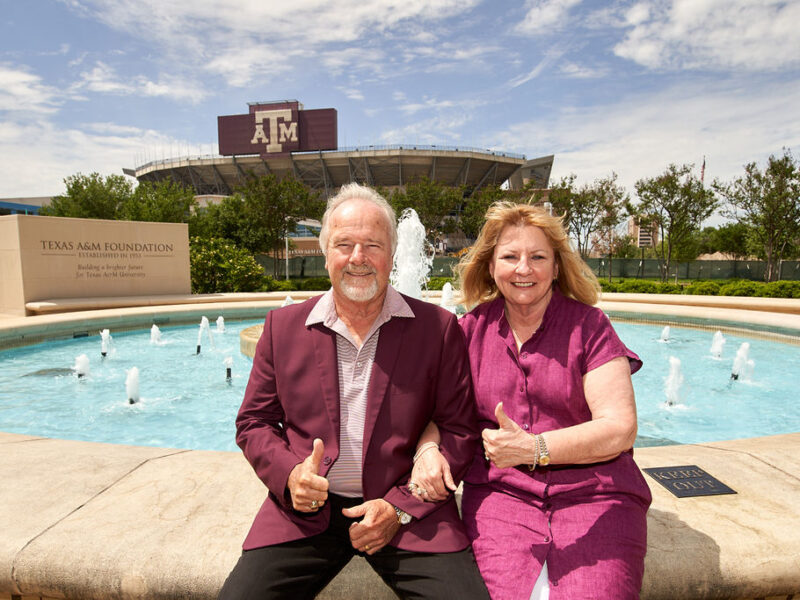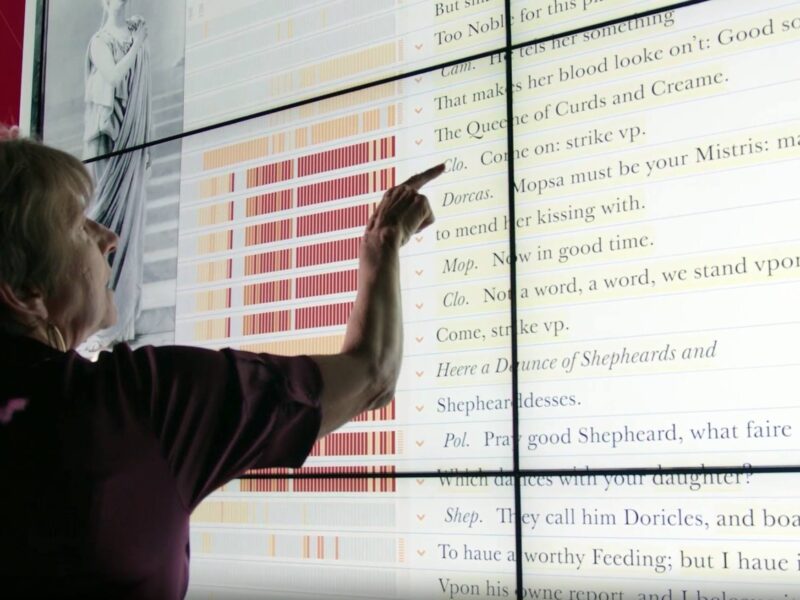Texas A&M Launches COVID-19 Random Testing Program
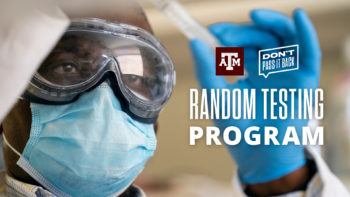
Texas A&M University’s efforts to slow the spread of COVID-19 on campus will include a *random testing program to identify asymptomatic students.
About 5,000 students will be tested for the virus that causes COVID-19 as part of the School of Public Health program, which is being conducted in conjunction with the university’s “Don’t Pass It Back” campaign. School of Public Health Dean Shawn Gibbs said that testing a random cross-section of students will help identify those who may be infected, but are not showing symptoms.
“The big issue with this virus is young people 18-22, which is our undergraduate population, can have this virus and sometimes not know that they have it,” Gibbs said. “And then when they go about their day, they can continue to spread that virus. So the goal of this is to try to locate those individuals who are non-symptomatic and let them know that they have the virus so they can take additional precautions, including isolation.”
Students selected for the program will be notified via email and asked to take a self-administered saliva test through Student Health Services. Identifying asymptomatic individuals who are positive for COVID-19 will help give officials a more complete picture of the state of the virus on campus with the return of students for the fall semester.
Gibbs said the random testing program is part of a multi-pronged approach Texas A&M is taking to reduce the spread of the illness.
“Selfless service is one of our core values, and participating in the program demonstrates to others that you are trying to protect them,” Gibbs said.
At this time, the university has not made participation in the program mandatory.
The program was designed in collaboration with a team from Johns Hopkins University, including Melissa Marx ’93, an infectious disease epidemiologist and assistant professor at the Bloomberg School of Public Health, and an alumna of Texas A&M.
Free testing is already available for students, faculty and staff. Results are available within 48 hours.
It’s part of the university’s comprehensive plan for the fall semester, which includes a face coverings mandate, a hybrid model of in-person and remote classes and increased sanitation and airflow in classrooms. The new Brazos Valley COVID Investigation Operations Center is also helping A&M safely resume in-person classes.
Through an interagency agreement with the Brazos County Health District, the Texas A&M Health Science Center will select, train and manage a team of contact tracers, case investigators and epidemiologists to quickly respond to positive COVID-19 cases.
By identifying asymptomatic students early through random testing, Gibbs said the university will reduce the potential that students will spread the virus to others.
“We get them into the testing program and into contact tracing so they can then be isolated, and we can see if anyone else has potentially been exposed,” he said.
More information regarding Texas A&M and its response to the virus can be found on the Texas A&M COVID-19 site.
* This link is no longer active and has been removed.
Media contact: Kelly Brown, kelly.brown@tamu.edu

